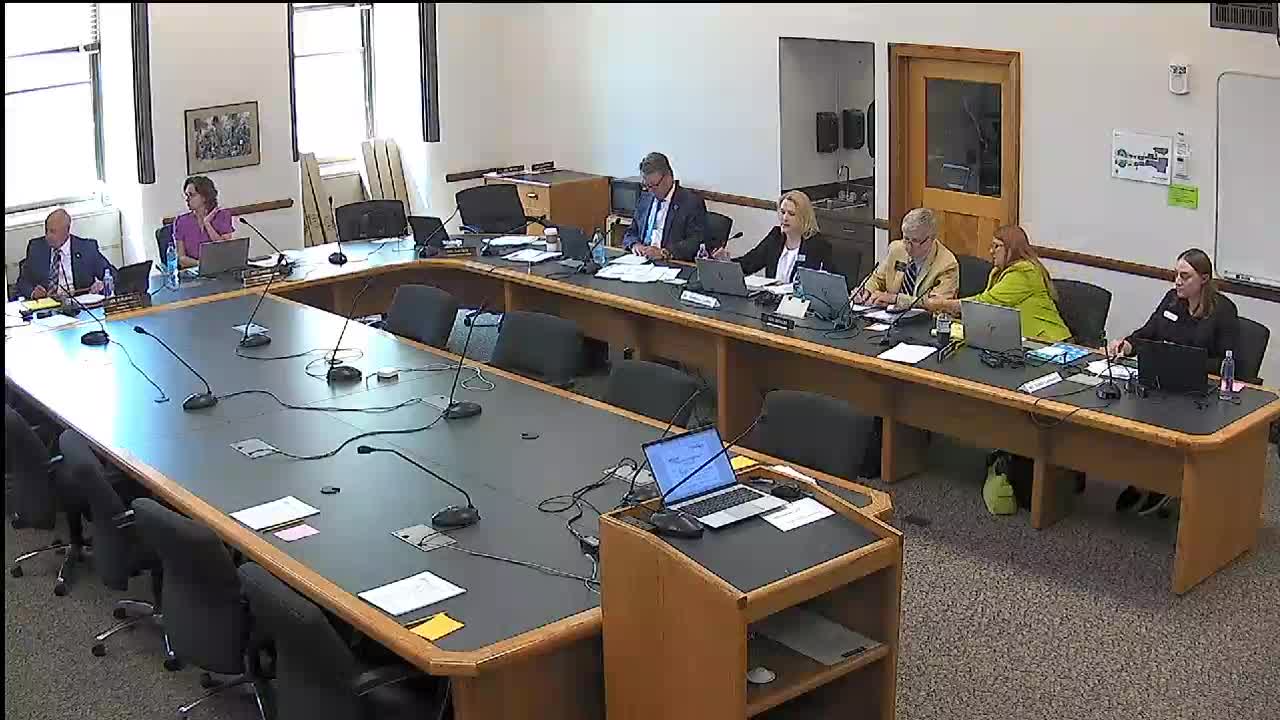Article not found
This article is no longer available. But don't worry—we've gathered other articles that discuss the same topic.
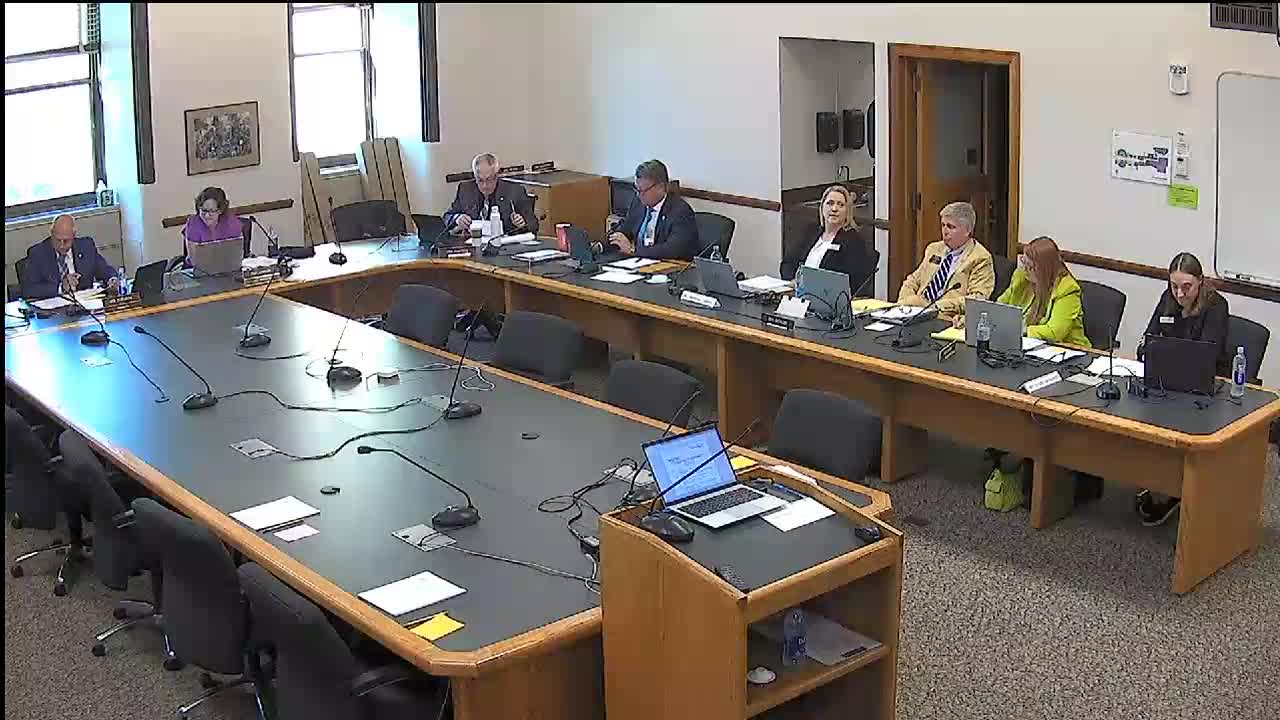
Legislative analysts explain higher-education funding formula: weighted credits, base rate and completion factor
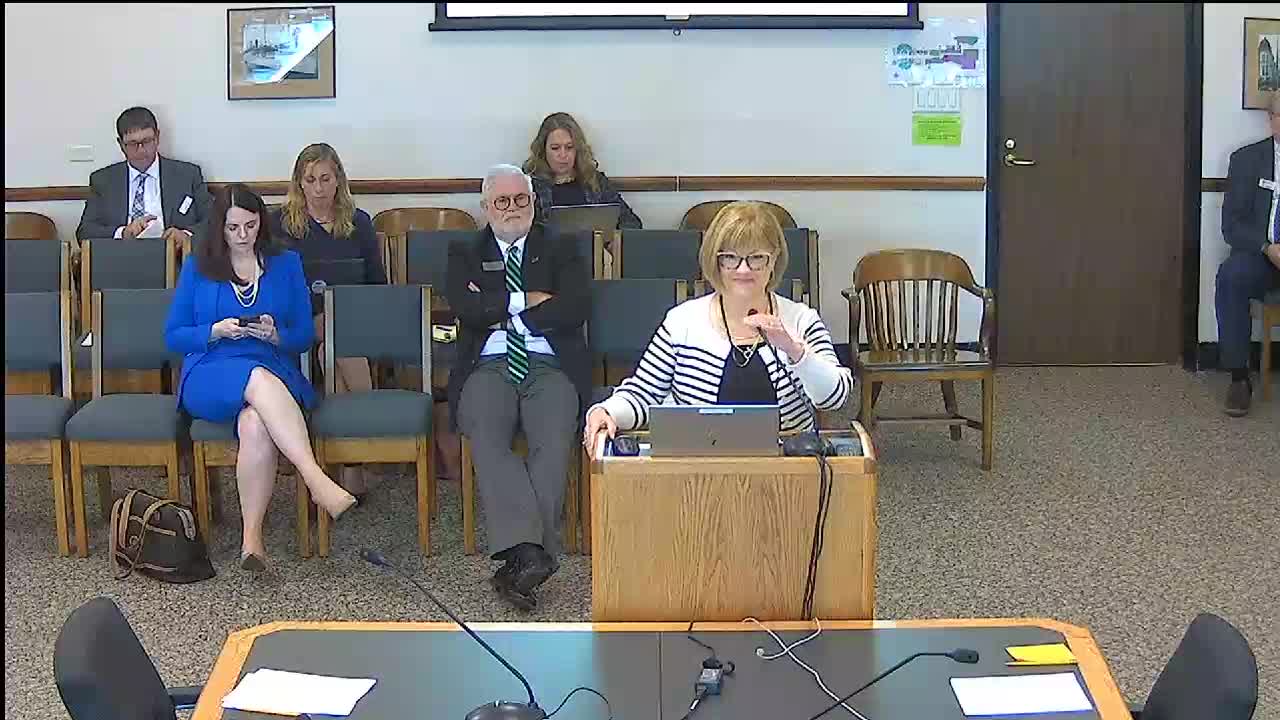
Committee reviews state student aid changes and Bank of North Dakota loan and literacy programs
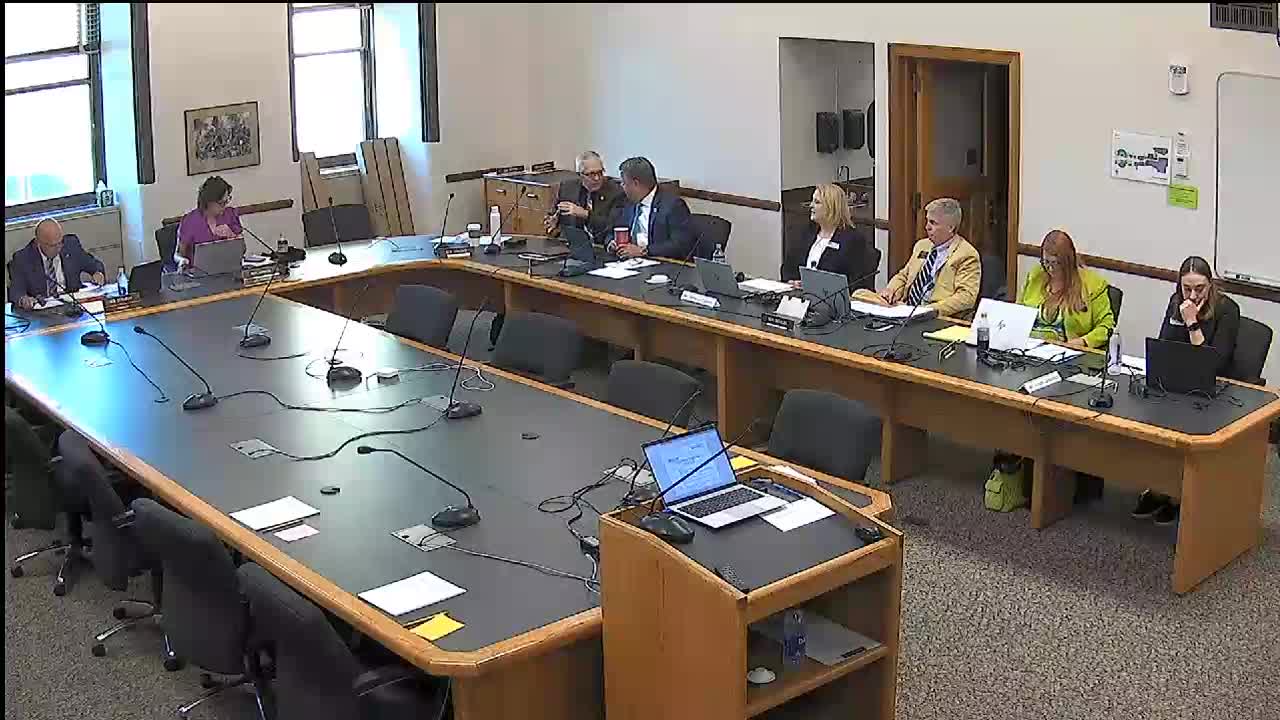
Legislature convenes Higher Education Funding Review Committee to examine formula, capital and aid
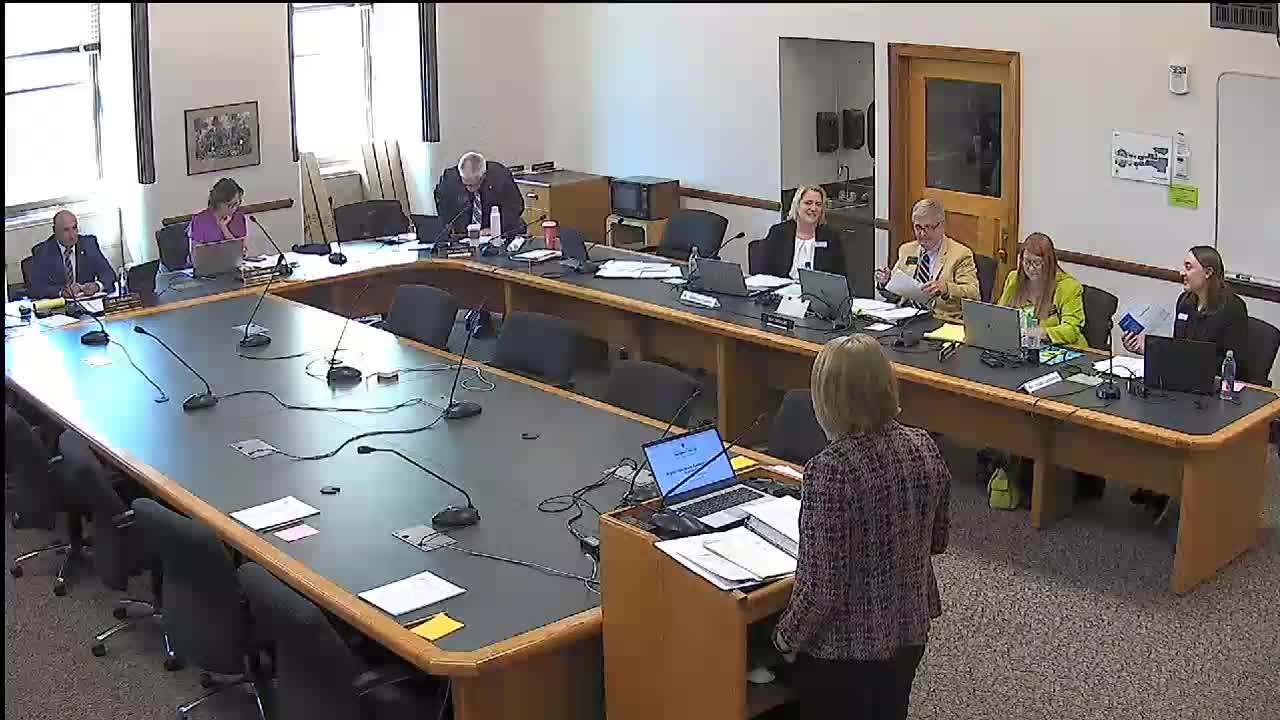
Committee hears how capital building tiers, matches and pool operate; tier 1 set dollars date to formula genesis
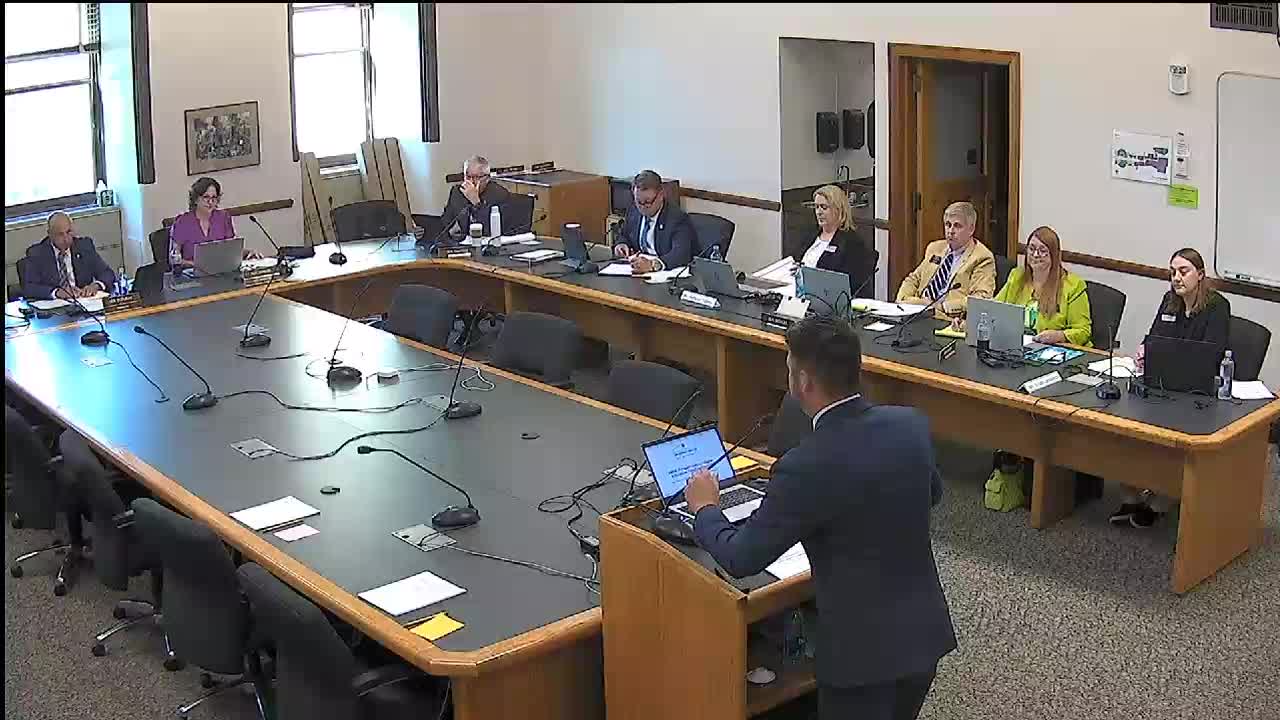
State Board recommends preserving predictability, adding incentives for private partnerships
